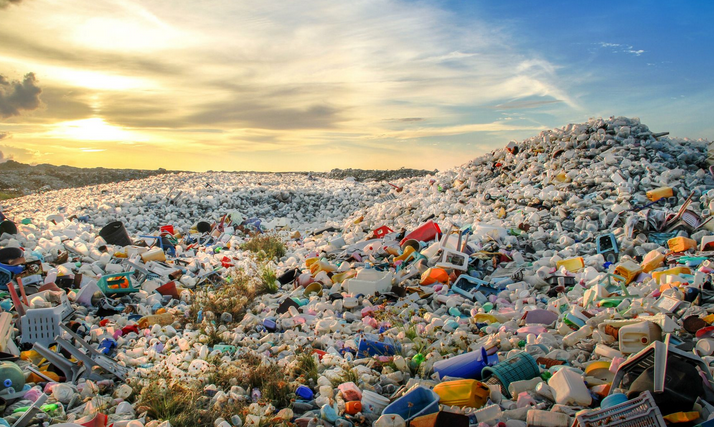The process of decomposition, while often associated with decay and deterioration, is a natural and essential part of the ecosystem. It involves the breakdown of organic matter into simpler substances through the activity of microorganisms. Understanding the science behind decomposition offers insights into how nature recycles nutrients and maintains ecological balance.

What is Decomposition?
Decomposition is the biological process by which organic matter is broken down into its constituent parts. It begins shortly after the death of an organism and is facilitated by various factors such as temperature, moisture, and the presence of decomposers. The process is crucial for recycling nutrients back into the environment and replenishing soil fertility.
Stages of Decomposition
Decomposition occurs in several stages, each characterized by distinct biological and chemical processes:
- Fresh Stage: In this initial stage, microorganisms such as bacteria and fungi begin to colonize the organic matter. They secrete enzymes that break down complex molecules like proteins, carbohydrates, and fats into simpler compounds.
- Active Decay: As decomposition progresses, the organic matter undergoes active decay, marked by increased microbial activity. Bacteria and fungi continue to metabolize the organic material, generating heat and releasing gases such as carbon dioxide and methane.
- Advanced Decay: In the final stage, most of the organic matter has been broken down, leaving behind dark, crumbly soil known as humus. Humus is rich in nutrients and serves as a valuable source of organic matter for plants and microorganisms.
Factors Influencing Decomposition
Several factors influence the rate and efficiency of decomposition:
- Temperature: Warmer temperatures accelerate microbial activity and decomposition rates. In contrast, colder temperatures slow down the process.
- Moisture: Adequate moisture is essential for microbial growth and enzyme activity. Dry conditions can inhibit decomposition, while excessively wet conditions may promote anaerobic decomposition.
- Oxygen: Decomposition can occur under both aerobic (with oxygen) and anaerobic (without oxygen) conditions. Aerobic decomposition tends to be more efficient and produces fewer foul-smelling byproducts compared to anaerobic decomposition.
Role of Microorganisms
Microorganisms play a central role in decomposition by breaking down complex organic molecules into simpler compounds. Bacteria, fungi, and other decomposers secrete enzymes that catalyze chemical reactions, facilitating the breakdown of organic matter. These microorganisms help recycle nutrients back into the environment, making them available for other organisms.
Applications of Decomposition
Understanding the principles of decomposition has practical applications in various fields:
Composting
Composting is a sustainable practice that harnesses the natural process of decomposition to transform organic waste, such as food scraps, yard trimmings, and paper products, into nutrient-rich compost. Through a controlled environment that promotes microbial activity, organic materials break down over time, converting into a dark, crumbly substance known as compost. This compost is rich in essential nutrients like nitrogen, phosphorus, and potassium, making it an invaluable resource for enriching soil and promoting plant growth.
Soil Formation
Decomposition is a vital natural process that plays a key role in soil formation and nutrient cycling. As organic matter, such as dead plants, leaves, and animal remains, decomposes, it undergoes a transformation facilitated by microorganisms like bacteria, fungi, and earthworms. These decomposers break down complex organic compounds into simpler substances, releasing essential nutrients like nitrogen, phosphorus, and potassium in the process. These nutrients become available to plants, supporting their growth and contributing to the fertility of the soil. Additionally, decomposition helps to aerate and loosen soil, improving its structure and water retention capabilities. Over time, the accumulation of decomposed organic matter forms humus, a dark, nutrient-rich substance that enhances soil fertility and promotes biodiversity. Thus, decomposition is essential for maintaining healthy ecosystems and sustaining life on Earth
Waste Management
Incorporating decomposition into waste management strategies can help divert organic waste from landfills, reducing greenhouse gas emissions and environmental pollution.
Conclusion
The science of decomposition provides valuable insights into the intricate processes that govern nutrient cycling and ecosystem functioning. By understanding how organic matter breaks down and recycles in nature, we can develop more sustainable practices for managing waste, promoting soil health, and preserving environmental quality.



